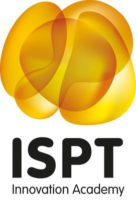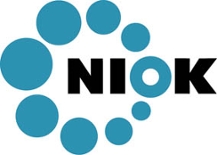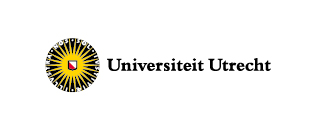Whether a PhD student chooses to stay in academia or wants to proceed his or her career in industry, a governmental organization, or even start up a spin-off company: to be able to grow as a scientist, he or she will need to gain knowledge in a specific field of expertise. MCEC finds it important to train its students broadly – in their academic competences, but also in their transferable skills, like communication, didactics and presentation.
The education plan for all MCEC students consists of the following three elements:
- Personal development, including scientific writing, project planning, ethic and research integrity and career orientation.
- Scientific development in its own field of research.
- Training in multidisciplinary and multiscale science approaches.
MCEC expects its PhDs and postdocs to make use of the broad set of courses that have been developed in the framework of the three KNAW accredited interuniversity research schools NIOK, JMBC and OSPT. Our students are encouraged to also sign up for courses from different disciplines in order to broaden their knowledge; with that, paving the way for multidisciplinary project collaborations.
 The J.M. Burgerscenter (JMBC) is the Dutch research school for Fluid Mechanics. JMBC offers a multidisciplinary environment for advanced research in fluid mechanics and for the education of talented graduate and postgraduate students.
The J.M. Burgerscenter (JMBC) is the Dutch research school for Fluid Mechanics. JMBC offers a multidisciplinary environment for advanced research in fluid mechanics and for the education of talented graduate and postgraduate students.
 The Netherlands Research School in Process Technology (OSPT) is an interuniversity school in the area of chemical engineering and process technology. OSPT is part of the innovation Academy of the Institute for Sustainable Process Technology (ISPT).
The Netherlands Research School in Process Technology (OSPT) is an interuniversity school in the area of chemical engineering and process technology. OSPT is part of the innovation Academy of the Institute for Sustainable Process Technology (ISPT).
 The Netherlands Institute for Catalysis Research (NIOK) is a virtual institute consisting of Dutch university research groups active in all areas of catalysis. it acts as the platform and sparring partner for national and international contacts on catalysis with academia, industry and government.
The Netherlands Institute for Catalysis Research (NIOK) is a virtual institute consisting of Dutch university research groups active in all areas of catalysis. it acts as the platform and sparring partner for national and international contacts on catalysis with academia, industry and government.
Within their graduate schools and programs, the three universities already offer excellent courses on personal and scientific development, symposia and summer and winter schools, on which the students can decide together with their supervisors. The participating graduate programs are:

Debye Institute for Nanomaterials Science
Where chemistry and physics meet to study the properties of materials at the nanoscale, with specific focus on catalysis, colloid science and nanophotonics.
![]() MESA+ Institute for Nanotechnology
MESA+ Institute for Nanotechnology
Where researchers originating from the fields of chemistry, physics, materials science and engineering,
focus on breakthroughs in nanotechnology.

CE&E Chemical Engineering and Chemistry
Where chemists and chemical engineers work on e.g. molecular systems and materials chemistry, and chemical and process technology, including heterogeneous catalysis.
MCEC School
To be able to work in the multidisciplinary consortium that MCEC is, PhD’s need to obtain knowledge on more than just their field of expertise. The MCEC School aims to do just that. It’s an integrated, five-day program with 6 ECTS (2 ECTS each yearly, with a certificate of attendance), designed accordingly to the multidisciplinary approach of our research. MCEC Schools were held in respectively October 2015, October 2016 and October 2017. The next MCEC Schools (for PhDs and PDs of the second phase) are scheduled for 2019.







